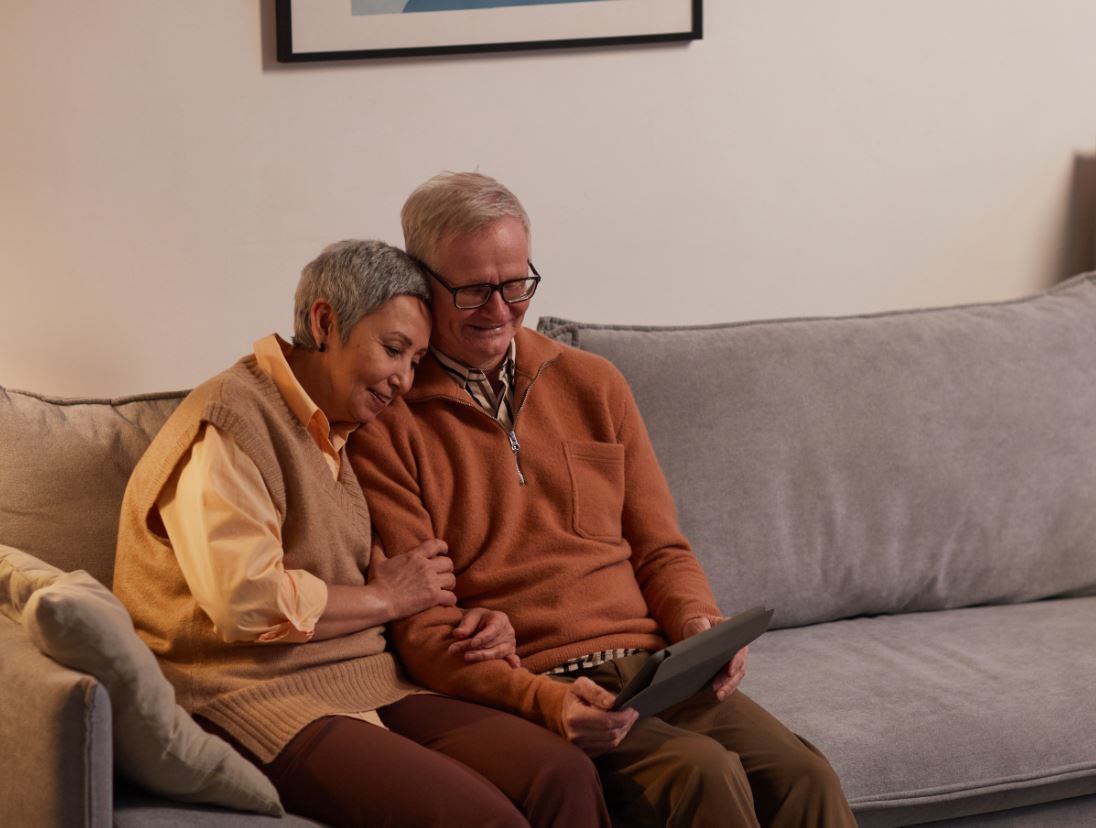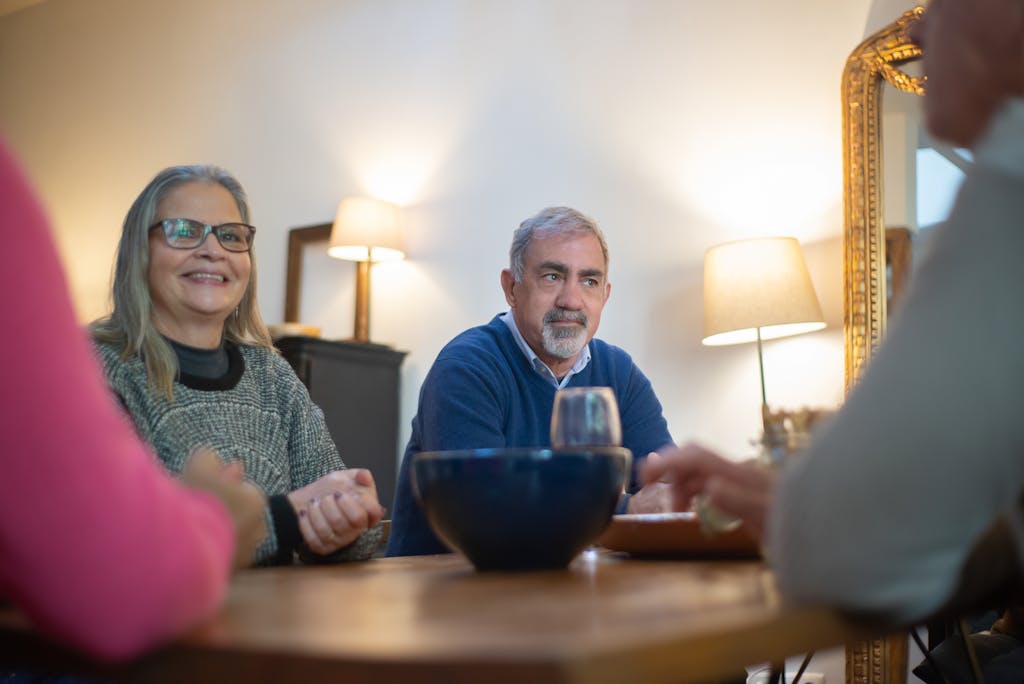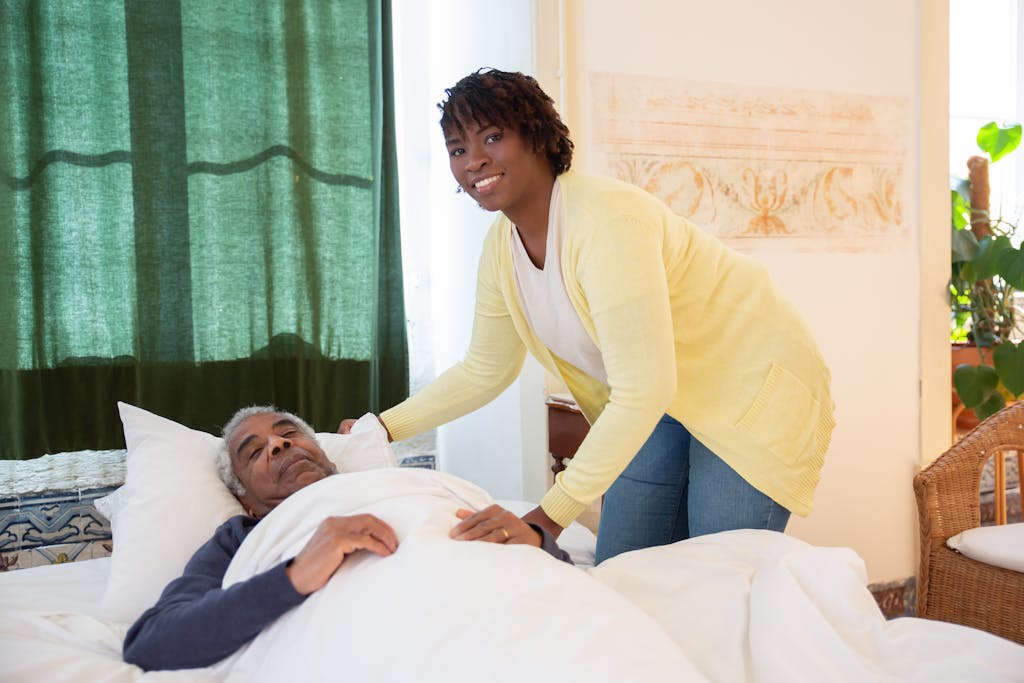- Proactive health maintenance and regular check-ups are crucial for managing chronic conditions and ensuring wellness.
- Seek professional assistance for both physical and mental health challenges to maintain quality of life.
- Medicare and other programs offer affordable options for home health care, aiding in independent living.
- Independence in aging involves a balanced approach to life, including physical activity, community engagement, and personalized care.
As you age, it’s essential to maintain a sense of independence and dignity. Many seniors prefer to age in the comfort of their own homes rather than move into assisted living facilities. This blog will provide you with essential tips on how to age gracefully at home, ensuring that you can continue to live your best life as you grow older.
Stay Active
One of the most important things you can do to age gracefully is to stay active. Regular exercise can help improve your strength, flexibility, and balance, reducing the risk of falls and other injuries. Consider taking up activities like walking, yoga, or swimming that are gentle on the joints but still provide a good workout. If mobility is an issue, there are chair exercises and physical therapy programs specifically designed for seniors.
Eat Well
A healthy diet is crucial for maintaining good health as you age. Make sure to include plenty of fruits, vegetables, whole grains, and proteins in your diet. Avoid foods high in sugar and sodium, as well as excessive alcohol consumption. Staying hydrated is also essential for overall health, so make sure to drink plenty of water throughout the day.
Socialize
Loneliness can have a negative impact on both physical and mental health. Make an effort to stay connected with friends and family members by scheduling regular visits or phone calls. Joining a club or group based on your interests can also help you meet new people and form meaningful connections. Socializing not only helps combat feelings of isolation but also provides opportunities for intellectual stimulation.
Create a Safe Environment
As you age, it’s essential to create a safe living environment that minimizes the risk of accidents and injuries. There are many things that can be done to achieve this. Here are four simple steps to get you started:
Install Handrails
Installing handrails along stairways and in bathrooms can provide extra support and stability. Make sure to have them securely attached to the wall. You can also attach grab bars in the shower or bathtub for added safety.
Improve Lighting
Ensure your home is well-lit, especially in areas prone to falls. Use night lights in hallways and bathrooms, and make sure light switches are easily accessible. Consider adding motion-sensor lights outside your home to reduce the risk of tripping when coming home at night.
Remove Hazards
Regularly inspect your home for potential hazards such as loose rugs, cords, or cluttered walkways. Keep floors clear of clutter and make sure all cords are safely tucked away. Repair any uneven flooring or loose carpeting to prevent tripping.
Use Assistive Devices
There are many assistive devices available that can help you stay safe and maintain your independence. These can range from simple items like a reacher to grab objects that are out of reach to more complex devices such as stairlifts or mobility scooters.
In addition to these steps, it’s crucial to regularly review safety measures in your home and make adjustments as needed. It’s also essential to have emergency contact information easily accessible in case of accidents or injuries. Consider creating a safety plan with your family members or caregivers, and practice emergency procedures regularly.
Seek Professional Help When Needed
Don’t hesitate to seek professional help if you’re experiencing physical or mental health issues. Regular check-ups with your primary care physician and specialists can help monitor and manage any chronic conditions you may have. Therapy or counseling can also be beneficial for managing stress, grief, or other emotional challenges.
Additionally, a home health care provider can assist with daily tasks and provide companionship for those needing extra support. And you don’t have to spend a fortune on these services, as affordable options are often available through insurance or government programs.
For example, you can find a Medicare-covered home healthcare provider. They offer various services, including medical care, personal care, and even household chores. This can provide peace of mind for both you and your loved ones. This way, you can continue to live independently while receiving the necessary support.
Living independently as you age is a deeply personal goal that can significantly impact your quality of life. By taking proactive steps to stay active, eat well, adapt your living environment, remain engaged in your community, seek appropriate medical care, and get the right help when needed, you can maintain a level of independence that suits your lifestyle and needs. Remember, independence doesn’t mean going it alone; it’s about empowerment to make choices about your life and care.






